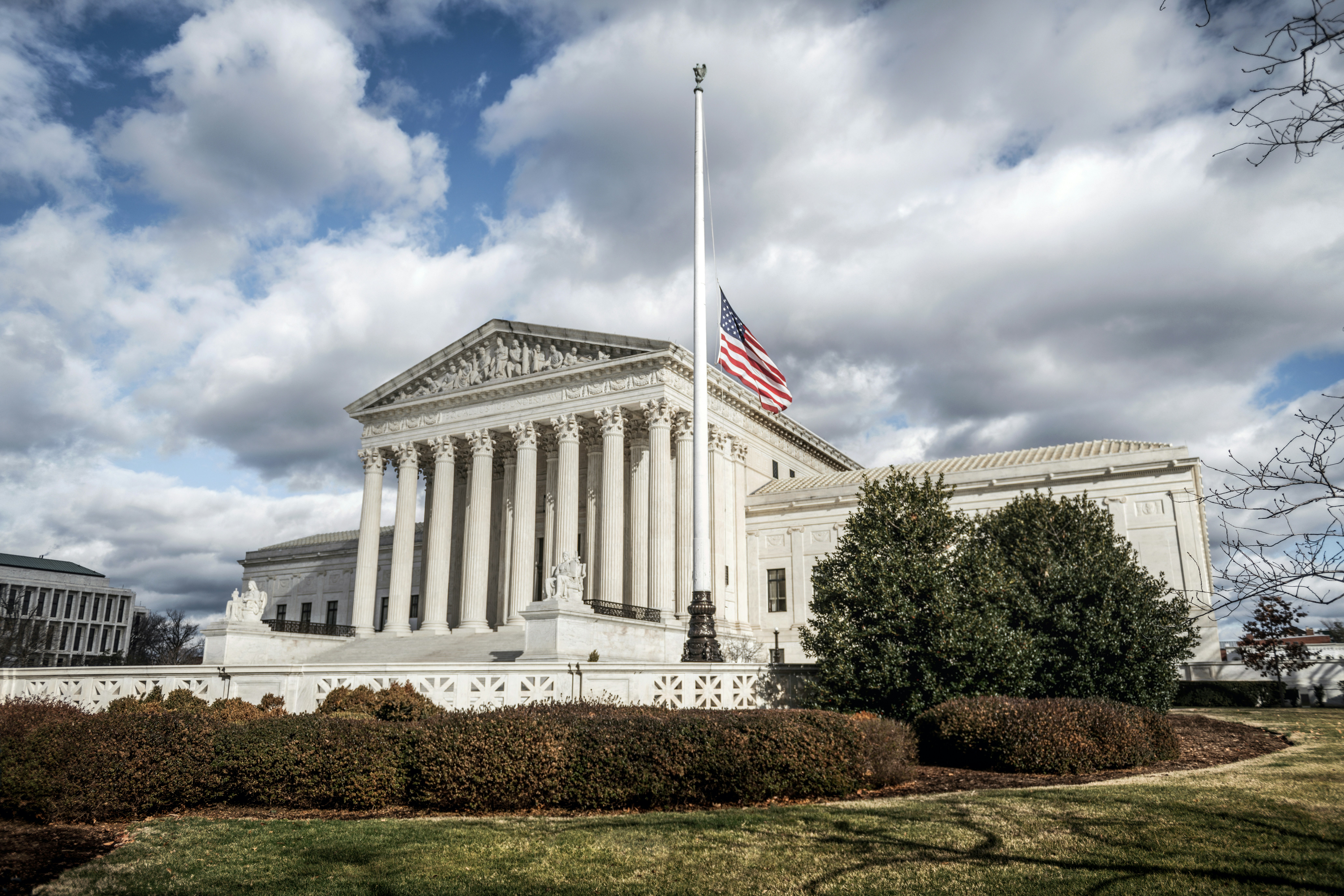The Role and Relevance of Executive Orders in Modern Governance
Introduction: Executive orders are a fundamental aspect of modern governance, wielding significant influence over policy-making and administrative operations. This article delves into the historical backdrop, key legal developments, and present-day implications of executive orders, shedding light on their role in shaping societal norms and values.

Historical Context of Executive Orders
Executive orders have been an integral part of the United States’ governance since its founding. The concept stems from the U.S. Constitution, which bestows the ‘executive power’ on the President. The first executive order was issued by President George Washington in 1789, setting a precedent for successors. Over time, executive orders have been utilized to address a wide array of issues, ranging from civil rights to environmental policies, profoundly impacting the nation’s legal and social landscape.
Legal Framework Governing Executive Orders
The legal framework governing executive orders is derived from the U.S. Constitution’s vesting clause, which grants the President the executive power. The Supreme Court has repeatedly upheld the President’s authority to issue these orders, reinforcing their legal basis. However, the Court has also set boundaries, emphasizing that executive orders must align with the Constitution and federal law. Notably, the Court’s landmark decision in Youngstown Sheet & Tube Co. v. Sawyer in 1952 clarified that the President could not seize private property without explicit Congressional authorization.
Current Trends in Executive Orders
Recent years have witnessed a surge in the use of executive orders, reflecting their significance in contemporary governance. Presidents increasingly resort to executive orders to bypass legislative gridlock and swiftly implement policies. However, the growing reliance on executive orders has sparked debates on their constitutional propriety, raising concerns about the potential erosion of the separation of powers.
Implications of Executive Orders on Society
The societal impact of executive orders is profound and multifaceted. These directives have historically played a pivotal role in advancing civil rights, as exemplified by President Truman’s 1948 order desegregating the military. On the other hand, executive orders have also been controversial, such as President Roosevelt’s 1942 order authorizing Japanese-American internment during World War II, which is widely regarded as a dark chapter in American history.
The Future of Executive Orders
The future of executive orders is likely to be shaped by ongoing debates over their constitutional legitimacy and societal consequences. As executive orders continue to play a critical role in policy-making, it is imperative to balance the need for swift executive action with the principles of checks and balances and democratic accountability.
Final Thoughts:
Executive orders are a powerful tool in the hands of the President, capable of shaping the nation’s legal, social, and political landscape. While they offer a means to expedite policy implementation, their use must be tempered by the principles of constitutionalism to ensure the preservation of democratic norms and values. As we navigate the complexities of modern governance, understanding the role and implications of executive orders becomes increasingly vital.




